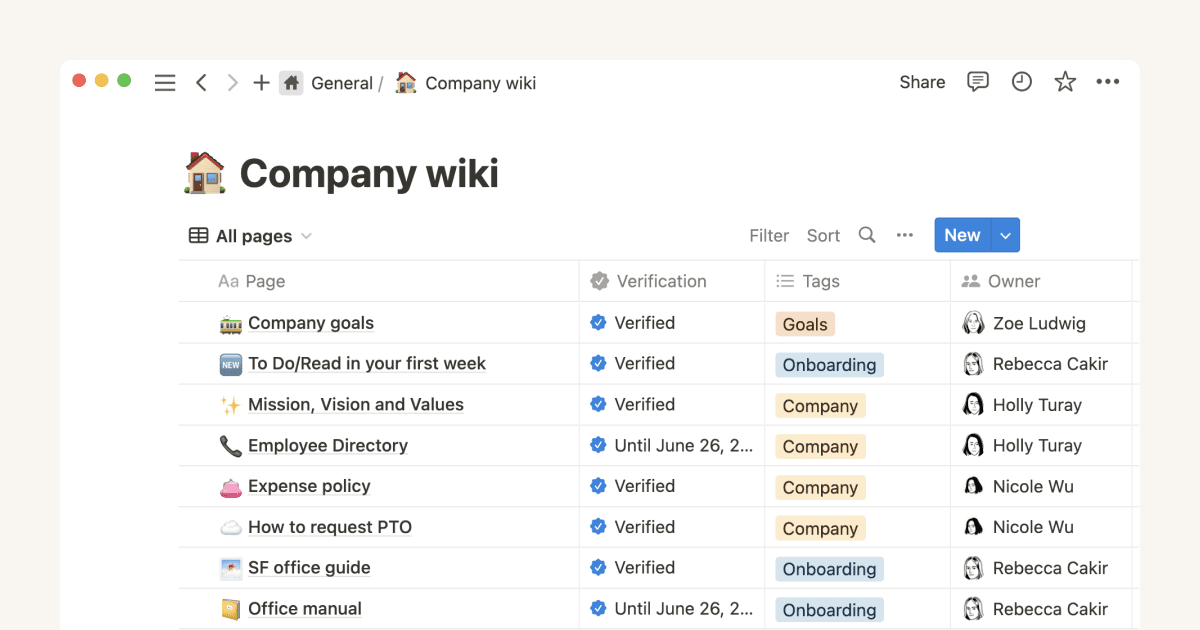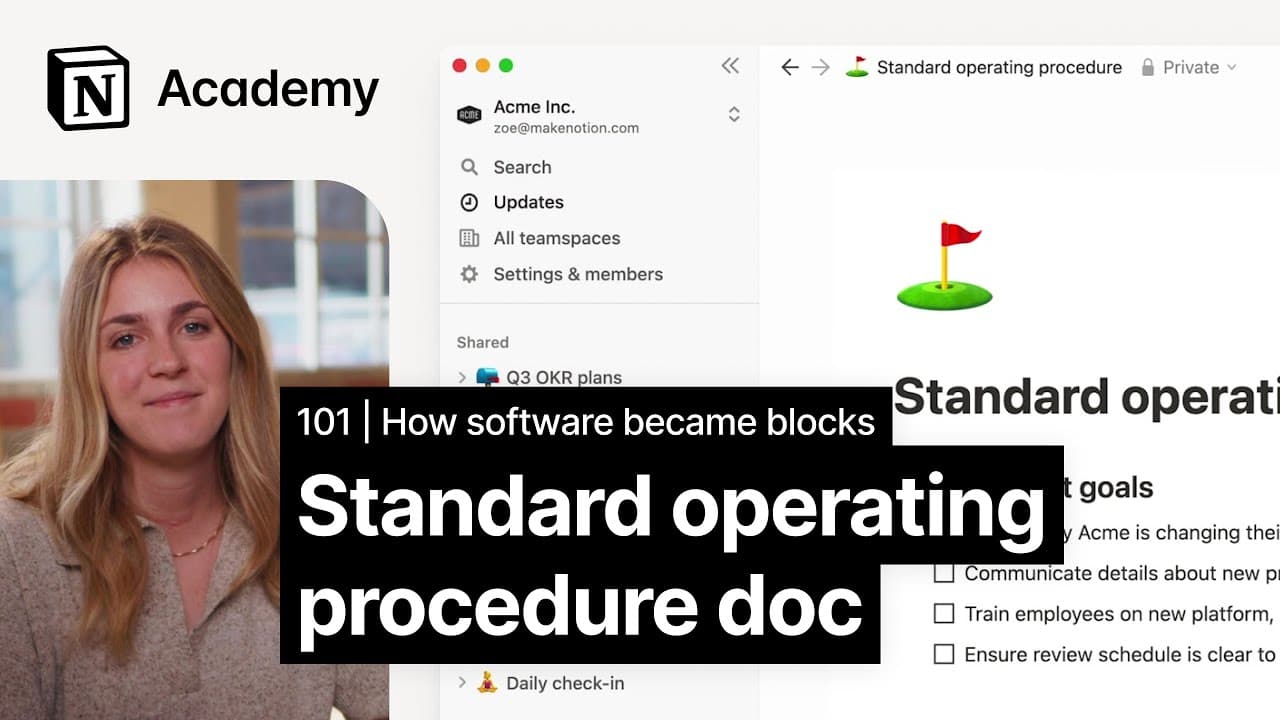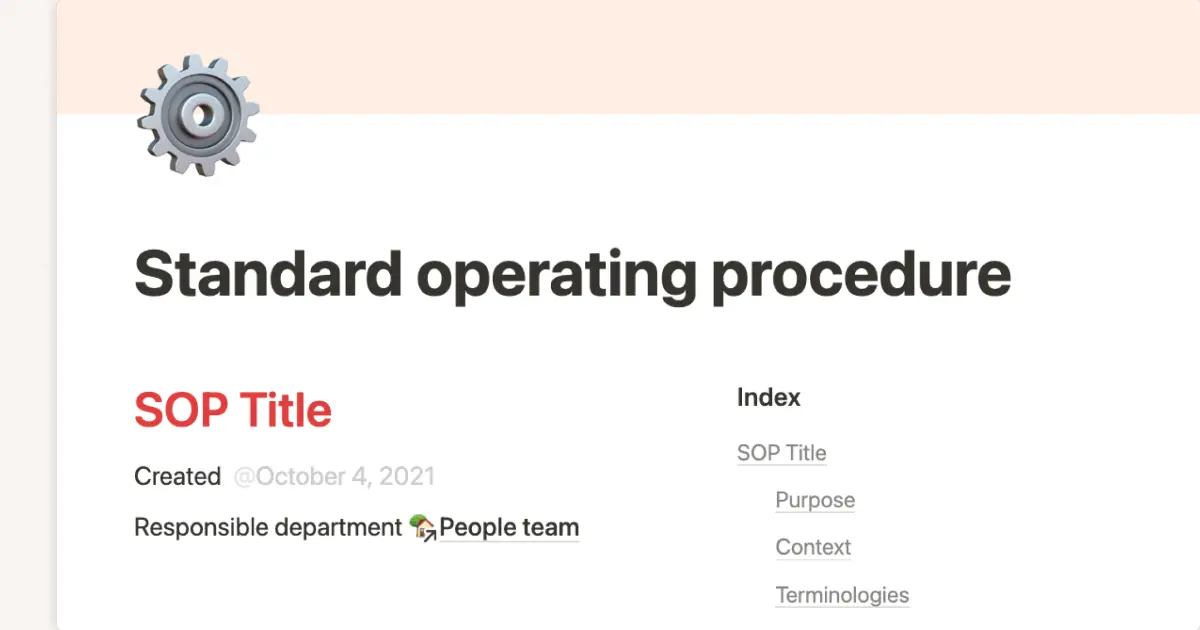Data Engineer SOPs

About this template
This template contains a detailed set of Standard Operating Procedures (SOPs) for data engineering tasks, designed to ensure data accuracy, consistency, and efficiency. It covers ten critical areas: data ingestion and ETL pipeline development, data storage and management in data warehouses and lakes, data transformation and processing, data pipeline orchestration and workflow automation, data quality and validation procedures, data governance and security compliance, monitoring and optimizing ETL performance, error handling and data pipeline failure recovery, data auditing and logging standards, and data integration and API management. Each SOP outlines the purpose, scope, and specific steps to be taken, providing a comprehensive guide for data engineers.
The first SOP focuses on data ingestion and ETL pipeline development, detailing the process from identifying data sources to implementing logging and monitoring. It emphasizes the importance of understanding data sources, defining pipeline architecture, and ensuring data quality. The second SOP covers data storage and management, discussing the choice of storage solutions, schema design, data formats, partitioning, indexing, security, and cost optimization. It aims to ensure data accessibility, security, and scalability.
The third SOP addresses data transformation and processing, outlining steps for defining requirements, choosing an approach (ETL or ELT), implementing cleansing and standardization, applying business logic, and optimizing performance. It stresses the need for validating and testing transformed data. The fourth SOP focuses on data pipeline orchestration and workflow automation, detailing how to define workflows, select orchestration tools, configure scheduling, and implement logging and monitoring. It aims to ensure smooth and automated pipeline execution.
The document also includes SOPs for data quality and validation, data governance and security, ETL performance monitoring and optimization, and error handling and failure recovery. These sections provide guidelines for ensuring data integrity, security compliance, and system reliability. The final two SOPs cover data auditing and logging standards, as well as data integration and API management, focusing on traceability, compliance, and seamless data exchange. Overall, this document serves as a robust guide for data engineers to manage and optimize data operations effectively.













